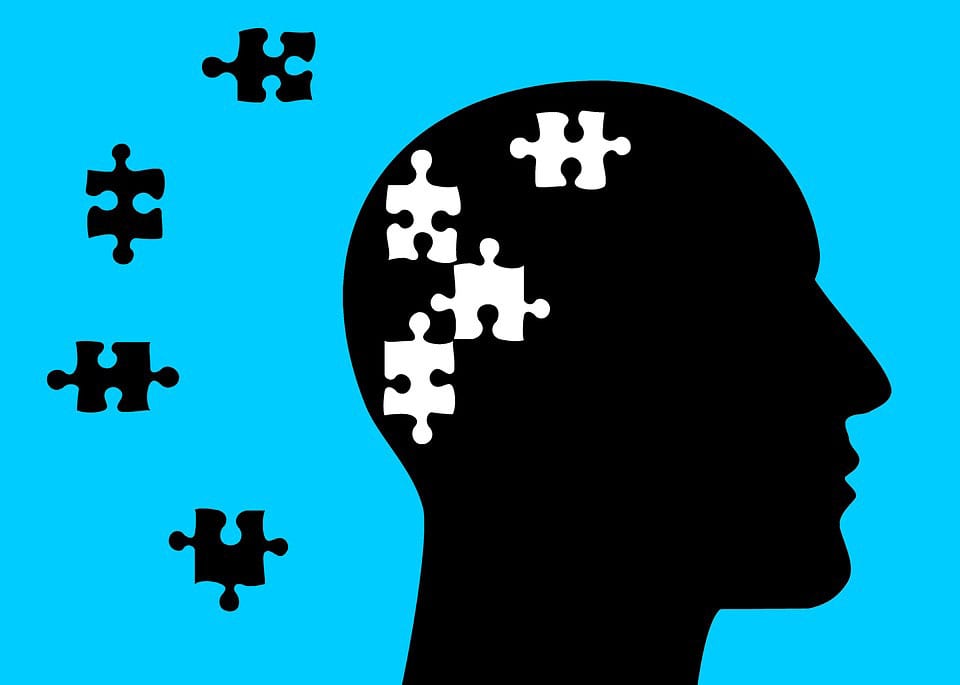When it comes to the rare disease landscape, there is not enough conversation discussing mental health needs. People undoubtedly need more mental health support and resources during the diagnostic odyssey. But this same level of support and care needs to be offered throughout someone’s life. The mental health challenges do not simply stop upon diagnosis; they shift and change, requiring new considerations.
Lily Ramsey writes for News Medical about a recent study that showed how devastating the lack of mental health can be. In this study, researchers explored the psychological impact of craniopharyngioma. Building upon that, Dr. Katie Daughters also sought to understand how much access adults with craniopharyngioma had to mental health care.
What is Craniopharyngioma?
According to the Cleveland Clinic, a craniopharyngioma is a rare, slow growing, and histologically benign tumor that grows near the pituitary gland. It may form as a solid tumor or have cystic (fluid-filled) elements. Symptoms result from the tumor putting pressure on blood vessels, nerves, and tissue. Craniopharyngioma tumors are most common in young children ages 5-14 or adults over 50 years old. Surgery and radiation are used to treat this tumor. Luckily, it has a positive prognosis, with over 90% of people surviving at least five years after diagnosis. Despite this, many people lack access to emotional or mental support following physical treatment.
Signs and symptoms of craniopharyngioma may, but do not always, include:
- Changes in mood, behavior, or personality
- Double or blurred vision
- Headache
- Peripheral vision loss
- Nausea and vomiting
- Adrenal insufficiency
- Fatigue
- Hyperphagia (excessive hunger)
- Diabetes insipidus
- Stunted growth or delayed puberty
- Poor balance and coordination
Increasing Availability for Mental Health Support
Altogether, eight adults with craniopharyngioma, and ten clinicians, participated in the study. During the course of the study, many patients expressed frustration and discomfort with their condition. They explained that their tumors made them feel like they were not the same person as before. This feeling of disconnect impeded quality-of-life.
Further, those affected shared that their mood was significantly affected by their diagnosis. Many expressed difficulty with emotional management and excessive anger or sadness; depression and anxiety were also commonly reported. These adults expressed that these emotional symptoms were often heavier and more difficult to deal with than physical symptoms. More so, they found it more difficult to access care services such as therapy.
This study highlighted a concerning issue facing patients today, with both clinicians and patients reporting that more is needed to provide care and increase understanding and awareness of craniopharyngioma. Hopefully these insights can begin moving us in the right direction.
Read the study results published in the European Journal of Oncology Nursing.





